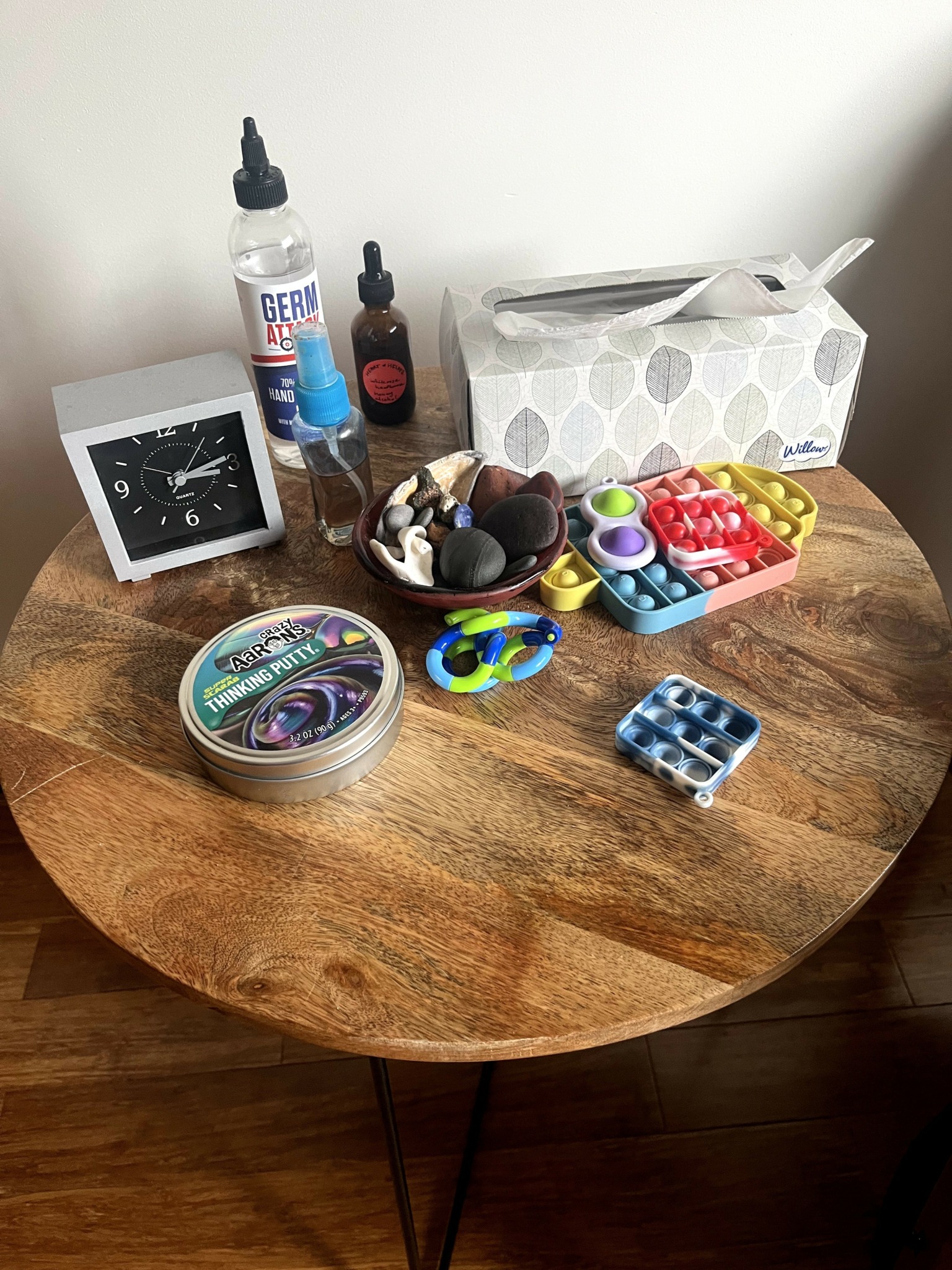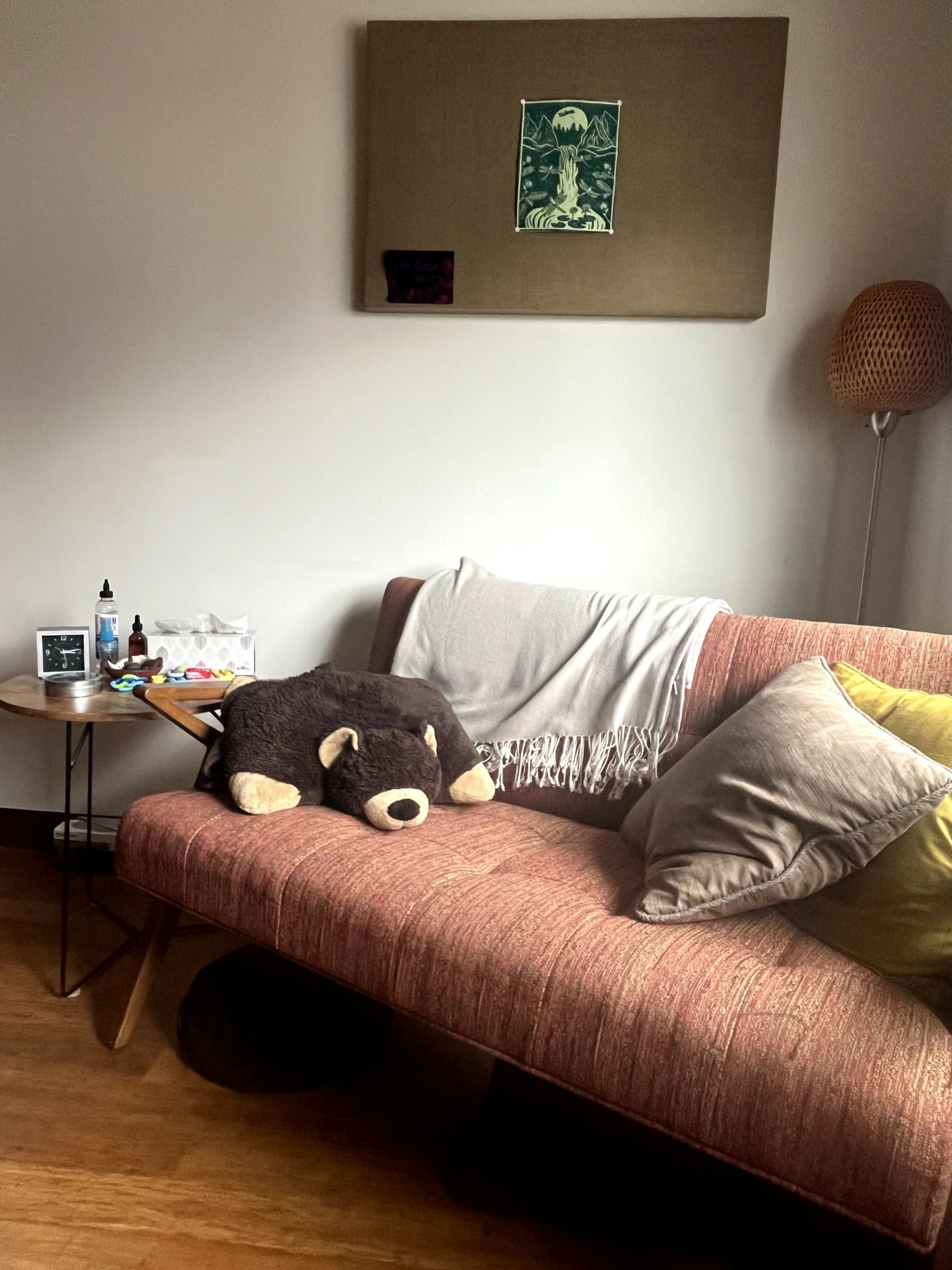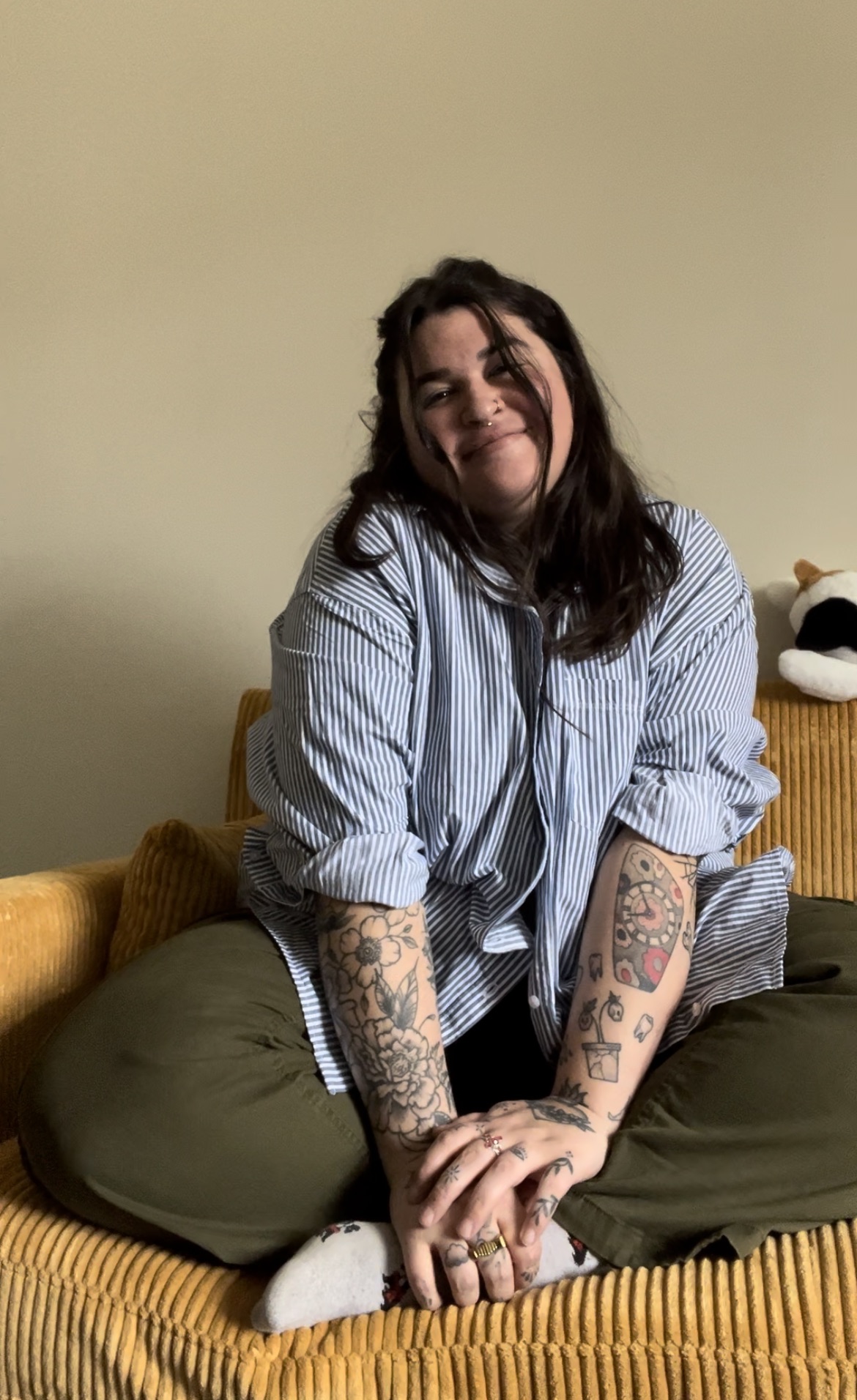Alright – so today we’ve got the honor of introducing you to Danielle (Dan) Piñon. We think you’ll enjoy our conversation, we’ve shared it below.
Danielle (Dan), appreciate you joining us today. We’d love to hear stories from your time in school/training/etc.
Mmm okay so to set the scene, I was one of those humans who went straight from college to my masters program then to a doctorate program, which I ended up leaving after experiencing profound burnout while navigating unrealized disabilities. Oh boy, school was really tough for me. I dont think most folks, especially first generation students, are properly prepared/informed of the difficult path that academic programs require. Shortly after leaving my doctorate program, I was co-facilitating an affinity group for latine students, undergraduate and graduate alike. In that space, I heard of the intimate experiences of latine students across programs, age groups, gender expressions, etc. While everyone had their unique experiences, there was this profound shared thread of grief, isolation and loss. This was one of the first times I had experienced parallel processing in this way, with something that was still so tender and raw.
Choosing to not go the route of academia is an equally respectable decision and candidly, I wish I had taken more time to know myself, my needs, and how to cope before putting myself through all of that. For those who do choose this route, please know that your experiences are tremendously valid and deserve to be witnessed. Try your hardest to trust your intuition and seek out community, a warm space amidst the chaos. Im endlessly grateful for my own people, including my high school sweetheart, who traveled that difficult journey alongside me with love, patience and support.

Danielle (Dan), love having you share your insights with us. Before we ask you more questions, maybe you can take a moment to introduce yourself to our readers who might have missed our earlier conversations?
My name is Dan Piñon (they/them) and I am a non binary, mixed, latine, neurodivergent human. For the purposes of this interview, I am also a somatic psychotherapist who has spent over 6 years working in university counseling and recently ventured out in the private practice realm.
My therapy approach is integrative, trauma informed, queer affirming, kink inclusive, sex-positive, and anti-oppressive. Specialty areas of mine include complex grief, neurodivergence, burnout, relational trauma, family of origin wounds, somatic based practices, and identity exploration. I serve adults, seniors, and youth over age 16, and also provide therapy for therapists.
Much of my work incorporates therapeutic brain-body approaches, such as brainspotting, to reprocess negative experiences and release the emotional/physical survival energy that was stuck within those experiences. I aim to honor the survival strategies that protected us for so long while gently opening the door to a new, adaptive way of living. My work is influenced heavily by my values of anti-racism, anti-capitalism, queer and intersectional feminist theory, fat liberation and disability justice.
How about pivoting – can you share the story of a time you’ve had to pivot?
About 3 years into my doctoral studies, I made the decision to leave my program after suffering a bad fall, which left me emotionally and physically unwell. I didn’t know it then, but I was in the throws of grief and leaving my program felt like a loss of who I knew myself to be at the time. I continued working in the mental health field, while I spent years feeling lost, upset and unsure if I would ever be able to sustain a life as a therapist. Very slowly and with so much patience, I started to reconstruct my beliefs around therapy work and explore what an accommodating approach might look like. Forever shoutout to my best friend and love of my life, who spent years supporting me in more ways than I can name.
Over time, I got enough courage to take the licensing exam and began immersing myself in the world of somatic therapy and brainspotting. With every new act of bravery, I expanded my mind on what could be possible and how I could continue connecting with others, while holding space for my specific needs. Every single client who has trusted me with their stories holds a special place in my journey and has offered me priceless lessons that I continue to carry today.

Training and knowledge matter of course, but beyond that what do you think matters most in terms of succeeding in your field?
This is a great question. I think most therapists would agree that doing your own, personal growth work is integral to providing space for others. I agree with this and would add that so many of us do this work in a way that is simply unsustainable. Being attuned to ones pain and suffering is such important and heavy work. Without adequate assessment of boundaries, capacities, and wellness practices, burnout becomes an inevitable cloud looming over the work. Its been said that we are not able to give others what we do not give ourselves, without building resentment. I wholeheartedly agree with this and think its an important tenent to bring into everyday life, reverting some of the care, patience, flexibility and compassion we offer to our clients back to ourselves.
While personal work is possible within the parameters of therapy, there are also countless ways to explore yourself, your values, and pain that do not exist within systems but instead in nature, reflection, slowness and community.
Contact Info:
- Website: https://www.almacounselings.com/
- Other: I do not have any social media pages for my practice and do not have plans to make any at the moment. But Ive done a lot of work in my website and provided that!


